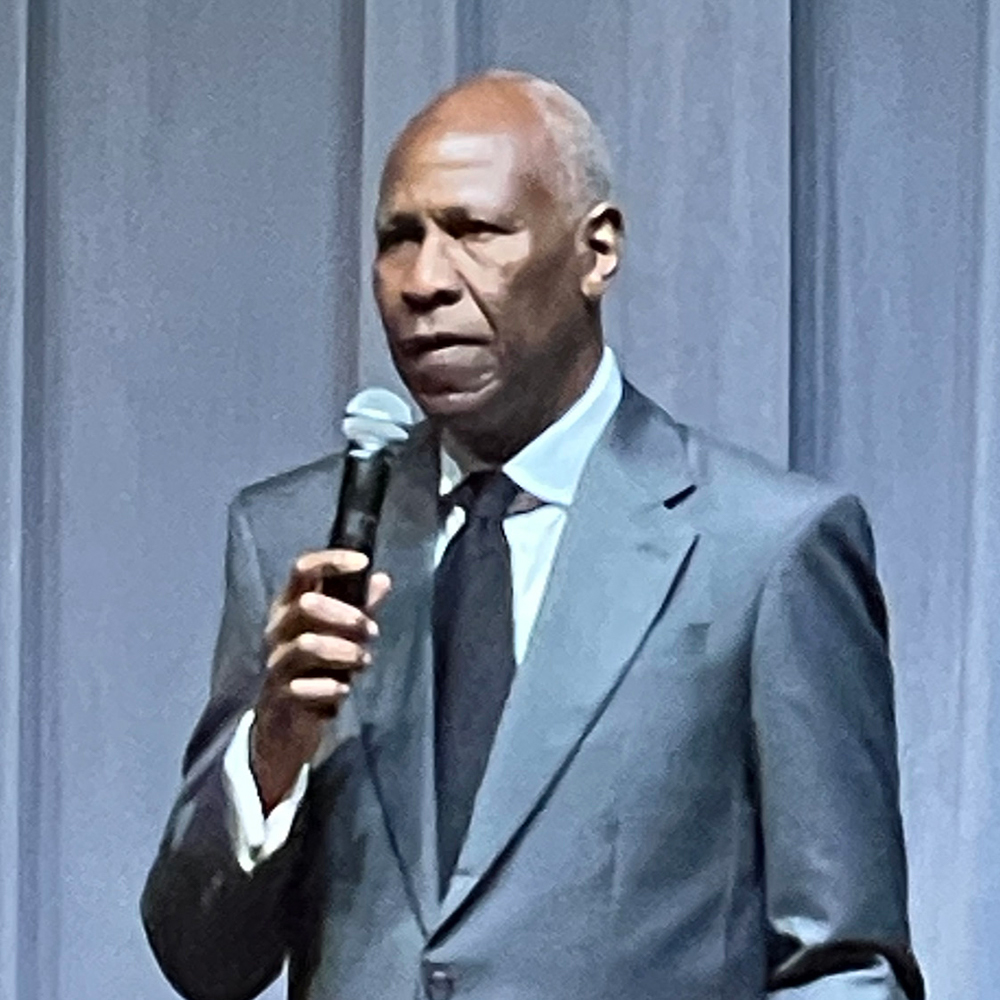Attentive veterans of Memphis politics — and of the city’s mayoral contests, in particular — tend to remember very few of the mayor’s races that have occurred since the pivotal year of 1991 as having been especially meaningful.
There was the 1991 election itself, a genuine watershed event, which saw the election of former school superintendent Willie Herenton as the first elected Black mayor in Memphis history.
There was the 1999 showdown involving Herenton, running for his third term, and a crowded field of challengers, the most significant of whom was undoubtedly local government veteran Joe Ford, who bore the hopes of his powerful and entrenched inner-city political clan for taking over the reins of city government.
There was the 2007 three-way contest between incumbent Herenton and two well-supported challengers, Councilwoman Carol Chumney and former MLGW president Herman Morris.
It almost goes without saying that Herenton, the victor in all of these races, was the key player in each of them. It is even possible to speak of a generational slice of Memphis politics as having been The Herenton Era.
It might seem outwardly that such an era passed away, along with Herenton’s post-election waffling after 2007 and his decision ultimately to abandon his mayoral seat. As we know, it was won in a 2009 special election by then County Mayor AC Wharton, who won again in 2011 over Councilman Edmund Ford Sr.
Wharton was in his turn unseated by Councilman Jim Strickland, who won again in 2019.
But wait, here we go in one more mayoral election year, and who do we see again but Willie Herenton, who has literally won or been at the top of every poll so far conducted about the race?
For reasons of his own, the former mayor has chosen not to exploit his position in the polls to gain further traction in any of the season’s several concluded and still pending mayoral forums.
But he is aware of his standing, and he knows the influence polling results have on elections. In the aforementioned 2007 mayoral race, the incumbent, then running for a fifth term, was under fire from the electorate and knew it.
An expectant public, then and now, was all too well attuned to such polls as were made public. There were two in the last weeks of the race when the main question on voters’ minds was who — Chumney or Morris — had the best chance to defeat Herenton. Interestingly, that may be the crucial question in this year’s race as well.
And the answer came, in two successive polls, one of which showed Chumney as being closest to unseating Herenton, the other of which concluded for Morris.
The baseball term “Tie goes to the runner” can be invoked. Herenton outpolled both of his opponents.
The Herenton Theory of the 2023 election is that whichever other candidate proves to be a true runner-up, poll-wise, to the venerable former mayor will inherit a flock of last-minute votes and go on to win.
The much-vaunted Emerson College poll, recently published by WREG, is of less help than it originally seemed. True, candidate Paul Young finished strongly behind Herenton in first-choice votes for mayor. But opponent Floyd Bonner’s people point out that when strongly leaning uncommitteds are added to the total, the sheriff and the Downtown Memphis Commission CEO are all tied up.
They note further that the poll seems to over-sample, at 20 percent, millennials, a hotbed of Young’s support and a demographic group that normally votes in the 5-percent range.
Two points: (1) There will be other polls between now and October 5th, and (2) is it possible that Herenton himself will win, as in 2007?
